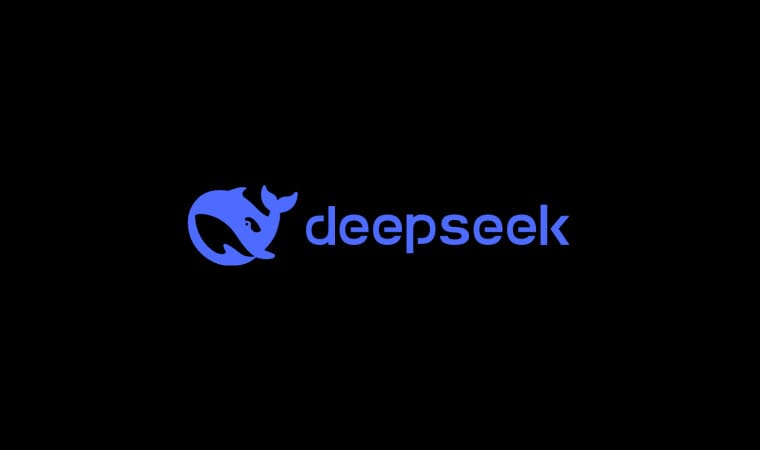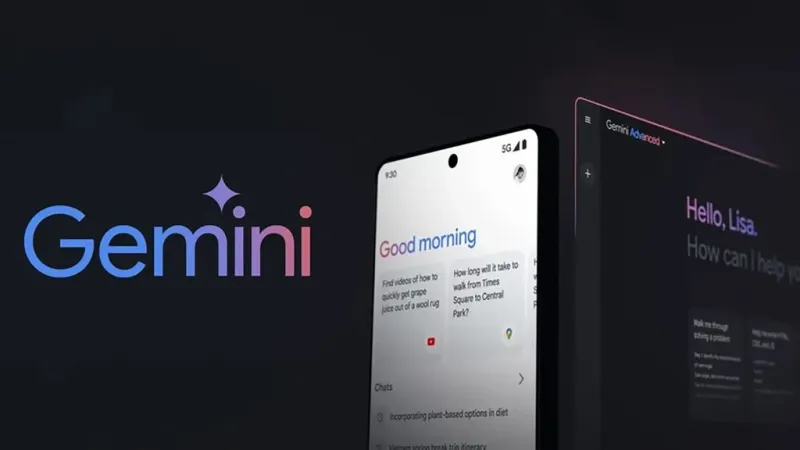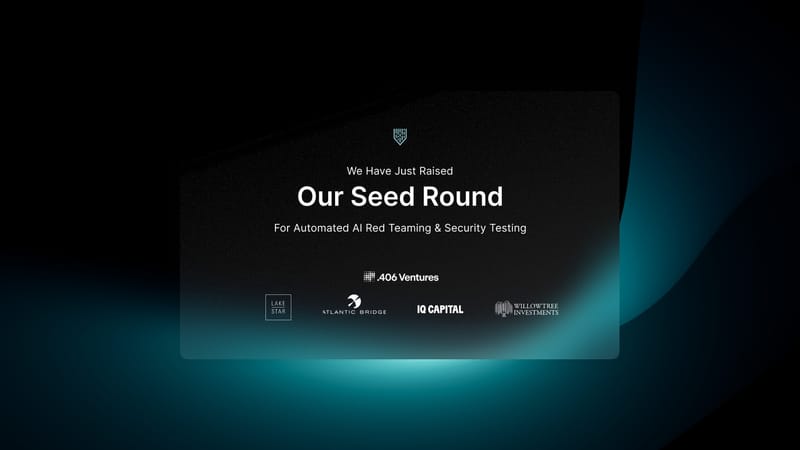The NHS is incorporating AI-powered radiology diagnostics tools into urgent care settings
The UK's National Institute for Health and Care Excellence (NICE) has issued draft guidance recommending four AI-powered radiology tools for fracture diagnosis in urgent care settings, aiming to support healthcare professionals and improve diagnostic accuracy amid staff shortages.
This week, the UK's National Institute for Health and Care Excellence (NICE) published a draft guidance recommending the use of AI-powered radiology diagnostics tools to support healthcare professionals in the diagnosis of bone fractures within urgent care settings. The use of diagnostics tools is limited to urgent care settings as more evidence is collected to confirm that AI-powered radiology diagnostics tools are useful in real-world cases. The four tools recommended in the guidance are TechCare Alert, BoneView, RBfracture, or Rayvolve.
Early clinical evidence suggests that AI diagnostic technologies may increase the accuracy rates of fracture detection when compared to healthcare professionals working unaided. Moreover, it is calculated that about 3 to 10% of fractures are misdiagnosed or subject to delayed diagnosis. This issue could be exacerbated by the vacancy rates of 12.5% for radiologists and 15% for radiographers at NHS. Facing staffing shortages, AI-powered diagnostics tools could support the current workloads of expert radiologists and radiographers, as well as improve patient outcomes.
The tools are not meant as a replacement for healthcare professionals, and every diagnosis must still be reviewed by radiology departments. An ongoing consultation on the draft recommendations will remain open for comments until November 5, 2024. Once the consultation closes, the committee in charge of the draft guidance will take the received comments into account before publishing a final guidance on the NICE website.





